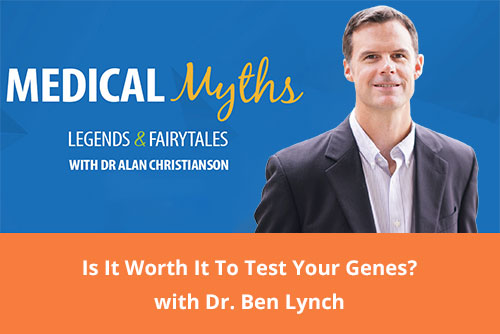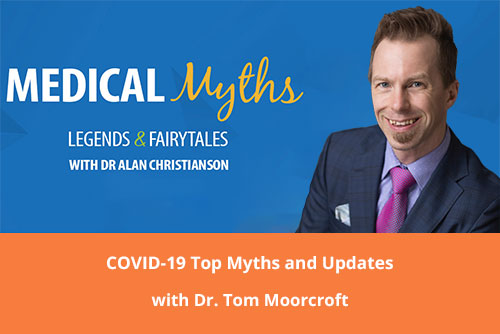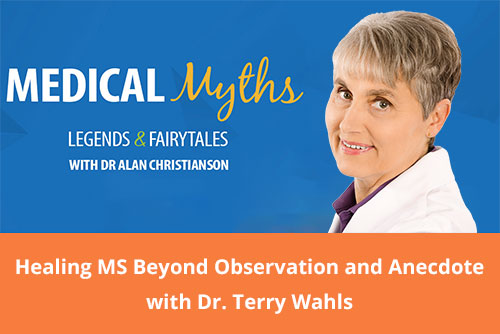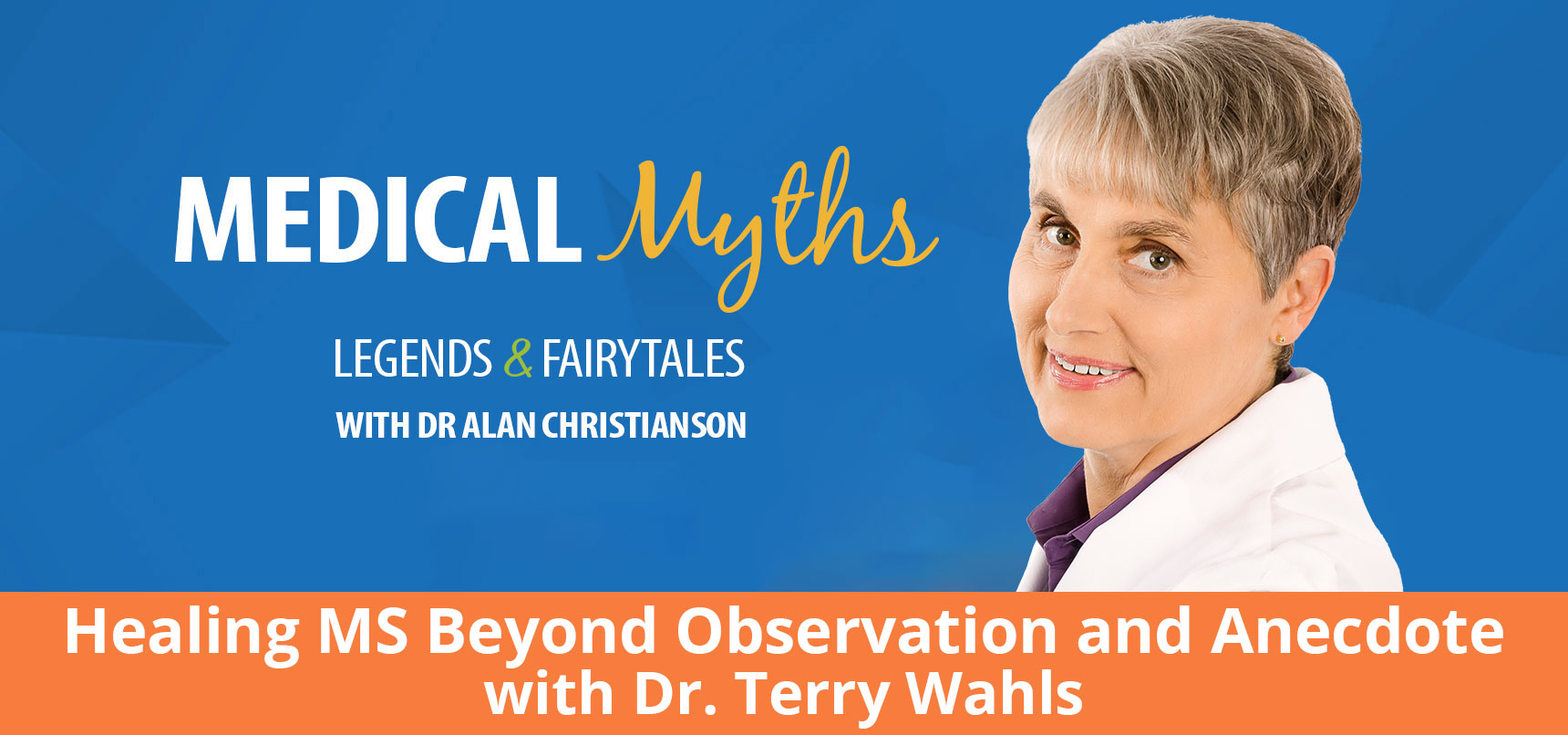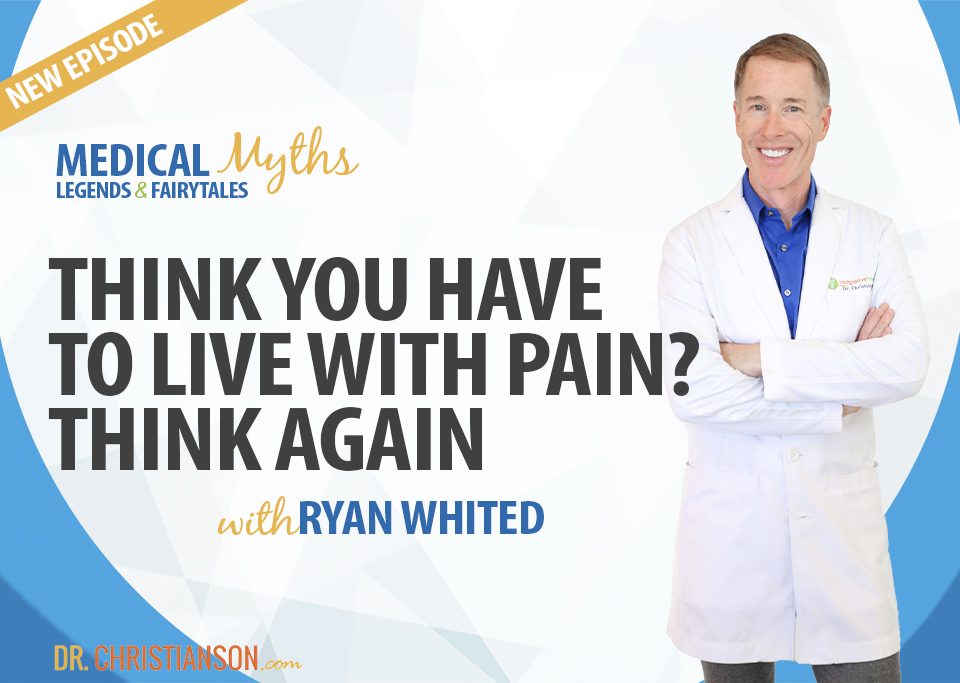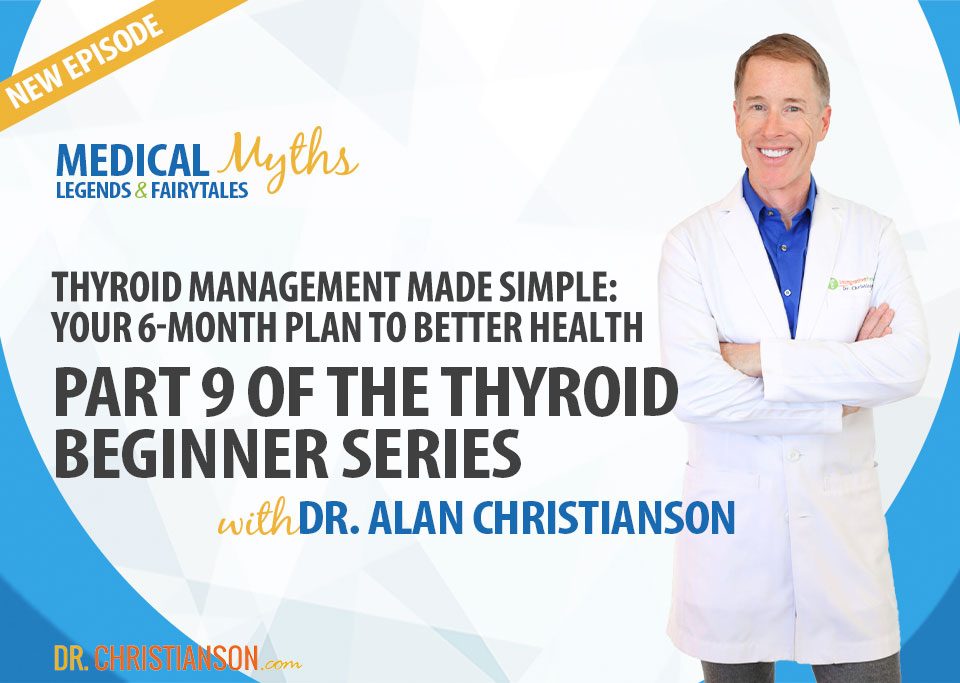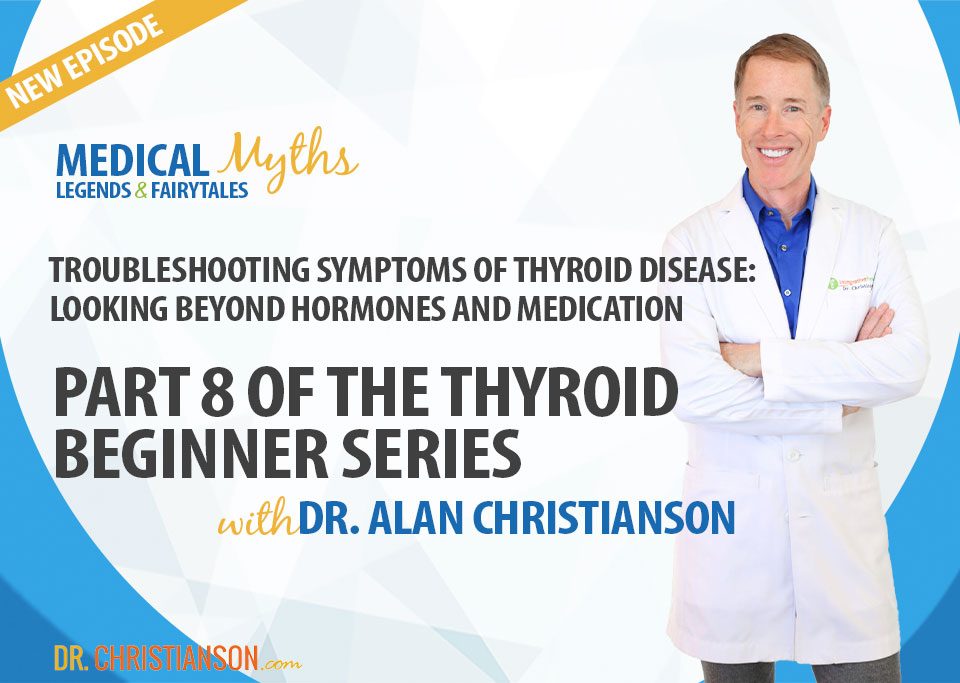Podcast – Healing MS Beyond Observation and Anecdote with Dr. Terry Wahls
Description: Between the latest online fads and the crazy media headlines, it’s easier than ever to get confused about your health. If you want to make better decisions about your health today so you can feel better and live longer, you’ve come to the right place.
If someone fully recovers from an illness, did it really even happen? Is making an observation in a clinic a good enough reason to act on and interpret findings as a new idea worth sharing with others? Should these observations always be acted upon? One standalone experience is not proof enough that a method of healing should be adopted by the health community at large — we have to go beyond and create data in order to affect policy.
I’m joined today by Dr. Terry Wahls, a clinical professor at the University of Iowa who conducts clinical trials testing therapeutic lifestyle and diet on multiple sclerosis, the progression of the disease and its symptoms. Dr. Wahls is an author and speaker who has joined me to discuss the personal experiences and extensive research that she has conducted in order to make a claim as grand as finding the answer to healing MS. She shares the trials and setbacks she has encountered along the way, updates with her research and several action items that anyone with MS can take today to begin their journey toward healing.
Key Takeaways:
[1:10] Today’s topic is the diet that can heal MS and the level of research that had to be conducted before making such an amazing claim.
[2:55] Dr. Christianson introduces Dr. Terry Wahls, an expert at looking beyond observation and anecdote to create real evidence in healing who shares her experience with Full recovery from progressive multiple sclerosis whole healing after being wheelchair-bound.
[10:00] An overview of the studies that Dr. Wahls has conducted, their details and results, and a brief history of the low-fat Roy Swank diet for healing MS.
[14:39] Which is superior: a low-fat or a vegan diet? Both offer results including improved quality of life, reduction of disease, lower cholesterol, and weight loss, but neither reduce MRI lesions or relapses.
[16:40] Microbiome, added sugar, gluten, and dairy are all contributing factors that have an effect on MS patients and can be altered or eliminated in order to promote healing.
[18:49] Specific recommendations for eating more vegetables and less meat.
[21:20] Dr. Wahl shares updates with her research and experiences with the study of diet and MS.
[24:45] Similarities found within additional studies of other diseases and their results and the importance of health behaviors.
[26:08] Understanding the shift in the funding that has made this kind of research more possible and Dr. Wahl’s work with frozen biomarkers.
[30:47] Too many people who rely on drug therapies don’t do so out of true conviction so much as a lack of evidence for other approaches.
[32:54] Securing a positive community response has been a long road for Dr. Wahl due to complaints of promising false hope, but her thorough research and relentless commitment to sharing the truth has paid off.
[38:48] A look into Dr. Wahl’s updated book and the detailed conversations and guidance that are found within it.
[43:16] Actions steps that anyone suffering with MS can take right now include defining your personal mission, refining your diet, and radically ramping up vegetable consumption.
[47:33] Dr. Wahl shares her gratitude for the entire journey she has traveled — from profoundly disabled to fully recovered MS patient — and the resulting research and story that she now shares with the public.
[49:00] Do you have a topic you’d like me to cover? Contact me on Facebook or Instagram using #medicalmyths.
To learn more:
Tweetables:
“Healing came when I stopped relying on supplements and redesigned my paleo diet in a very specific way to maximize nutrients.” — Dr. Terry Wahl
“The paleo diet is meat-heavy with some vegetables; we have some meat with a lot of vegetables.” — Dr. Terry Wahl
“Life is incredibly interconnected and complicated, and if you want to address complex diseases, health behaviors are going to be hugely important to study.” — Dr. Terry Wahl
“If you want to know if a diet can turn off your disease activity, then you have to be committed to it 120%.” — Dr. Terry Wahl


